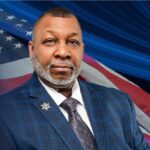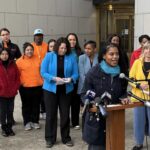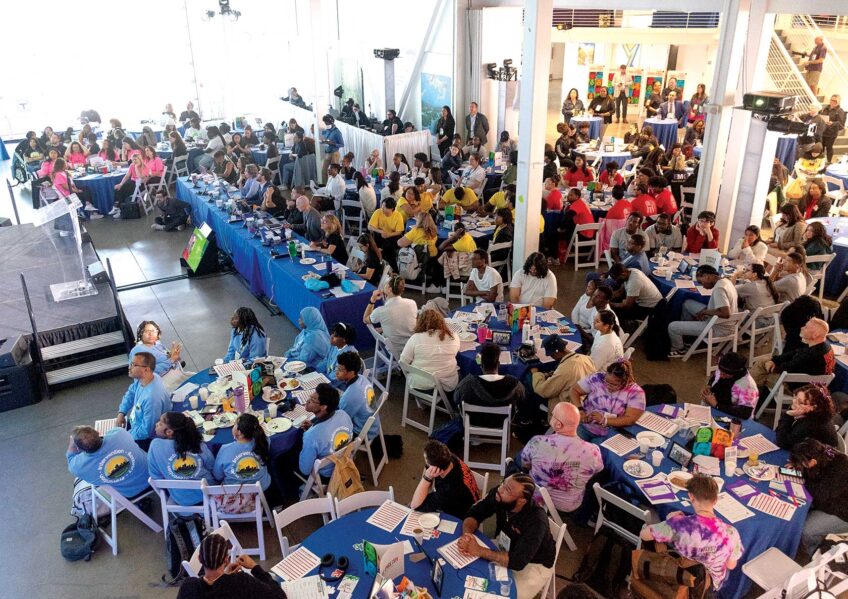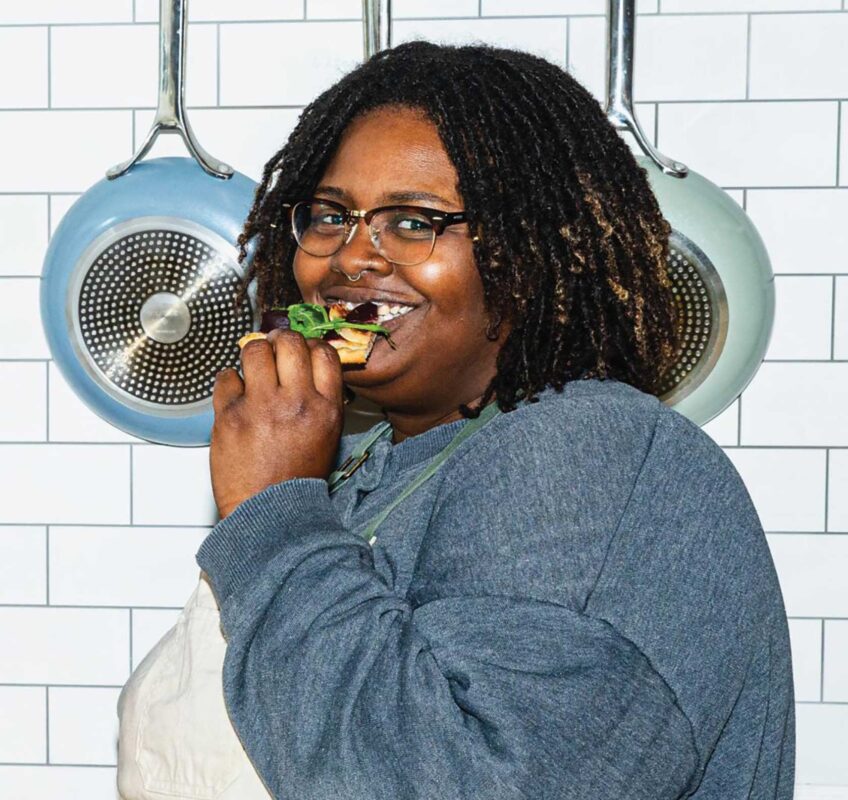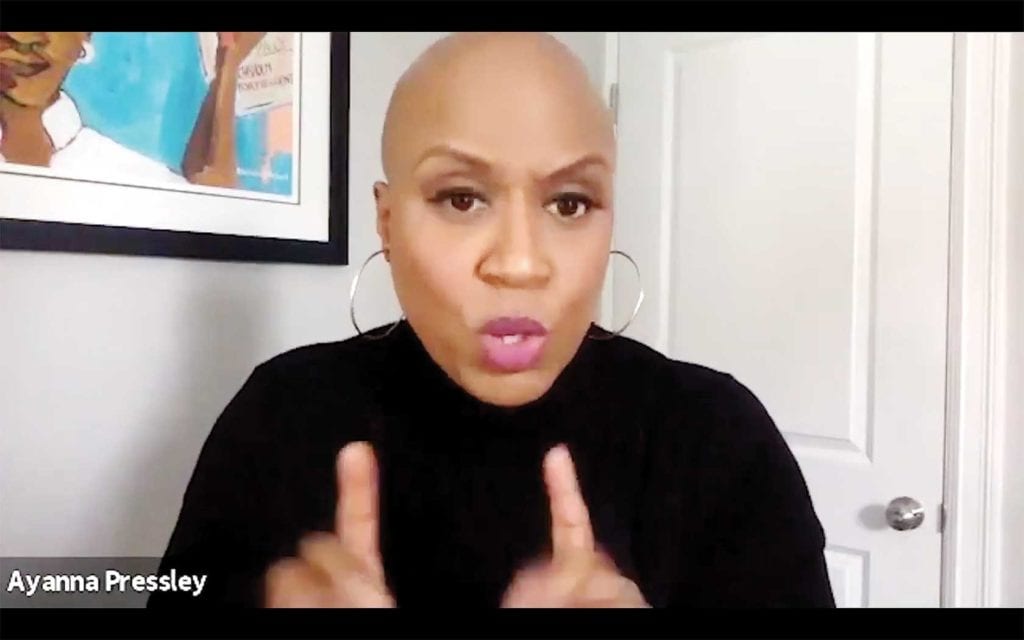
U.S. Representative Ayanna Pressley is introducing a bill to fight childhood trauma, as children across the nation witness multiple crises that will shape their future. The STRONG Support for Children Act targets the root causes of childhood trauma and the inequities that contribute to it through grant funding for public health services. In a virtual conversation on Oct. 27, Pressley brought together several Boston residents who shared their thoughts on the toll of childhood trauma.
“We know that trauma shows up in many ways. There are many iterations of it. It is systemic, which is why it really does demand or require a systemic solution and response,” Pressley said in her opening remarks.
While childhood trauma affects all children, she said the legislation is especially focused on Black, brown, indigenous and immigrant youth.
Bethany Serota, deputy director of Boston’s Office of Fair Housing and Equity, said that counselors and teachers in her community were able to identify and help her with abuse and neglect in her home when she was a child.
“So I know these children are suffering. And there’s some serious trauma that is trauma on top of trauma. And I’m still dealing with the trauma related to that. But I feel like without the interventions or adults to see these children because they’re learning remotely, I imagine that the numbers will rise,” Serota said.
According to Pressley’s release about the STRONG Support for Children Act, the proposed grants “Will support communities in addressing the root causes of childhood trauma through reparative, healing-centered, neighborhood based, gender responsive, culturally specific, and trauma informed approaches that recognize the role that systemic racism and inequities have played in traumatizing children for generations.”
The two grants included are the Data Analysis and Community Based Organization Grant and the Care Coordination Grant Program. The first will support programs in mental health, LGBTQ services, youth housing support and more through funding five local health departments that can identify high rates of adverse childhood experiences. The second will support up to 40 public health departments to increase hiring and training.
At-large City Councilor Julia Mejia spoke briefly about childhood trauma being worsened by remote learning as well.
“We’ve seen some spikes in suicide attempts around some of our most vulnerable students. I think really looking at suicide and the intersection [of] how remote learning is impacting our kids is something that we may want to explore a little bit further,” she said.
Linda Tang, a school-based social worker, spoke about seeing childhood trauma firsthand in Boston’s public schools.
“The accessibility to healthy foods, or even medical care or physical activity, simple things like that is definitely affecting many of the youth that we are working with. In addition to the viral pandemic, there’s a racial pandemic that’s been going on for hundreds of years as well,” Tang said. “I think it’s been difficult for youth to connect with their peers, physically or virtually, for collective healing.”
Pressley’s plan is to make sure the money is going to the organizations that need it the most and will be the most effective in fighting the causes of trauma.
“I think there’s two issues on the funding side, in terms of community based organizations, is that those bigger, more iconic, conventional, traditional organizations who do incredible work, they’re better positioned to get funded right away,” she said.
She plans to use the information relayed in the conversation to build upon the STRONG Support for Children legislation in the coming months.

